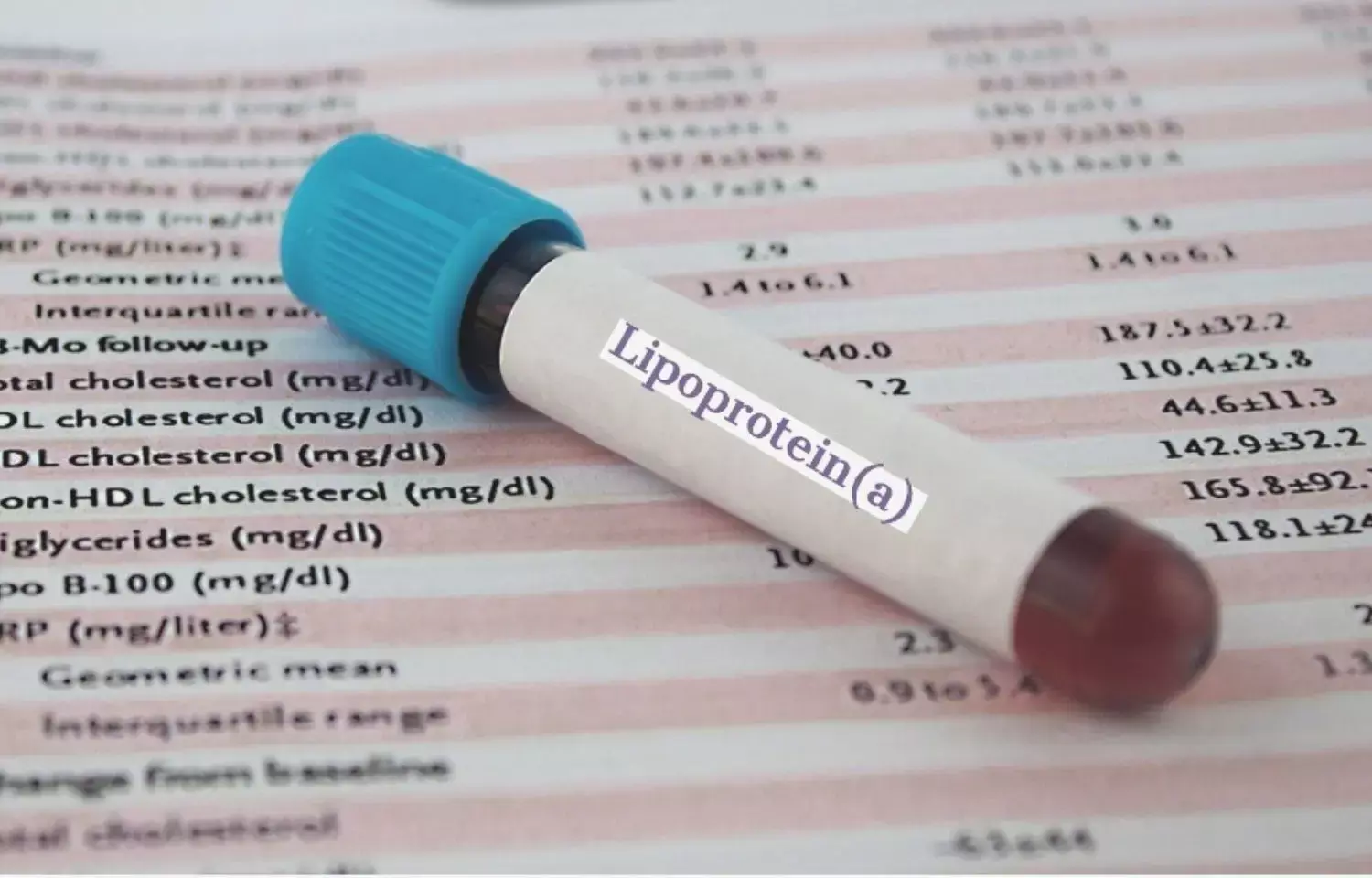- Home
- Medical news & Guidelines
- Anesthesiology
- Cardiology and CTVS
- Critical Care
- Dentistry
- Dermatology
- Diabetes and Endocrinology
- ENT
- Gastroenterology
- Medicine
- Nephrology
- Neurology
- Obstretics-Gynaecology
- Oncology
- Ophthalmology
- Orthopaedics
- Pediatrics-Neonatology
- Psychiatry
- Pulmonology
- Radiology
- Surgery
- Urology
- Laboratory Medicine
- Diet
- Nursing
- Paramedical
- Physiotherapy
- Health news
- Fact Check
- Bone Health Fact Check
- Brain Health Fact Check
- Cancer Related Fact Check
- Child Care Fact Check
- Dental and oral health fact check
- Diabetes and metabolic health fact check
- Diet and Nutrition Fact Check
- Eye and ENT Care Fact Check
- Fitness fact check
- Gut health fact check
- Heart health fact check
- Kidney health fact check
- Medical education fact check
- Men's health fact check
- Respiratory fact check
- Skin and hair care fact check
- Vaccine and Immunization fact check
- Women's health fact check
- AYUSH
- State News
- Andaman and Nicobar Islands
- Andhra Pradesh
- Arunachal Pradesh
- Assam
- Bihar
- Chandigarh
- Chattisgarh
- Dadra and Nagar Haveli
- Daman and Diu
- Delhi
- Goa
- Gujarat
- Haryana
- Himachal Pradesh
- Jammu & Kashmir
- Jharkhand
- Karnataka
- Kerala
- Ladakh
- Lakshadweep
- Madhya Pradesh
- Maharashtra
- Manipur
- Meghalaya
- Mizoram
- Nagaland
- Odisha
- Puducherry
- Punjab
- Rajasthan
- Sikkim
- Tamil Nadu
- Telangana
- Tripura
- Uttar Pradesh
- Uttrakhand
- West Bengal
- Medical Education
- Industry
Lipoprotein(a) levels tied to onset of aortic valve calcification, not progression: Study

Netherlands: Lipoprotein(a) is robustly associated with the development of aortic valve calcification (AVC) but not with the progression of calcification over long-term follow-up, says a recent study. The study, published in European Heart Journal, suggests the Lp(a)-lowering interventions may be most effective prior to the onset of calcification.
Lp(a) is a potential factor in the pathogenesis of aortic valve disease. However, no study has been done on the relationship of Lp(a) with new-onset and progression of aortic valve calcium. To fill this knowledge gap, Daniel Bos, Department of Epidemiology, Erasmus MC, University Medical Center Rotterdam, Rotterdam, The Netherlands, and colleagues aimed to assess whether high serum levels of Lp(a) are associated with AVC incidence and progression.
For this purpose, a total of 922 individuals from the population-based Rotterdam Study (mean age 66.0±4.2 years, 47.7% men underwent non-enhanced cardiac computed tomography imaging at baseline and after a median follow-up of 14.0 years. Their Lp(a) measurements were available. New-onset AVC was defined as an AVC score >0 on the follow-up scan in the AVC absence on the first scan.
Progression was defined as the absolute difference in AVC score between the baseline and follow-up scan. To evaluate the relationship of Lp(a) with baseline, new onset, and progression of AVC, logistic and linear regression analyses were performed. All analyses were corrected for age, body mass index, sex, dyslipidemia, hypertension, and creatinine.
Based on the study, the researchers reported the following:
- Of the 702 individuals without AVC at baseline, 415 (59.1%) developed new-onset AVC on the follow-up scan.
- In those with baseline AVC, the median annual progression was 13.5 Agatston units (AU).
- Lipoprotein(a) concentration was independently associated with baseline AVC [odds ratio (OR) 1.43 for each 50 mg/dL higher Lp(a)] and new-onset AVC (OR 1.30 for each 50 mg/dL higher Lp(a)), but not with AVC progression (β: −71 AU for each 50 mg/dL higher Lp(a)).
- Only baseline AVC score was significantly associated with AVC progression.
"In the population-based Rotterdam Study, Lp(a) was associated with the onset of AVC in multivariable analysis after adjusting for body mass index, sex, age, smoking, hypertension, dyslipidemia, and creatinine," the researchers wrote. "In contrast, AVC progression was only associated with baseline AVC score. This implies that disease progression may take place independent of initiating risk factors."
Reference:
Yannick Kaiser, Janine E van der Toorn, Sunny S Singh, Kang H Zheng, Maryam Kavousi, Eric J G Sijbrands, Erik S G Stroes, Meike W Vernooij, Yolanda B de Rijke, S Matthijs Boekholdt, Daniel Bos, Lipoprotein(a) is associated with the onset but not the progression of aortic valve calcification, European Heart Journal, 2022;, ehac377, https://doi.org/10.1093/eurheartj/ehac377
Dr Kamal Kant Kohli-MBBS, DTCD- a chest specialist with more than 30 years of practice and a flair for writing clinical articles, Dr Kamal Kant Kohli joined Medical Dialogues as a Chief Editor of Medical News. Besides writing articles, as an editor, he proofreads and verifies all the medical content published on Medical Dialogues including those coming from journals, studies,medical conferences,guidelines etc. Email: drkohli@medicaldialogues.in. Contact no. 011-43720751


